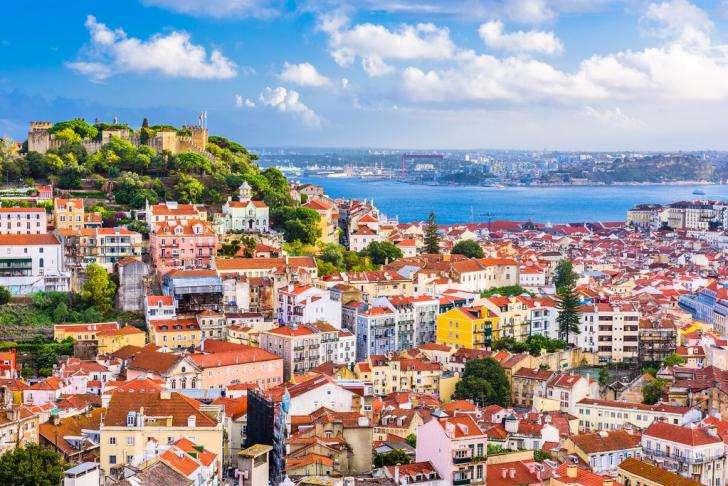In an attempt to provide equal possibilities for all visa applicants, the Portuguese government has implemented new regulations for citizens of Portuguese-speaking nations (CPLP).
Jose Cesario claimed that people from CPLP nations—that is, those from nations like Cape Verde, Brazil, Angola, Mozambique, Guinea-Bissau, and Sao Tome and Principe—did not receive the "same treatment" as other people.
New Rules Prompted by Government’s Measures for Controlled Immigration
Cesario explained that the new rules would tighten entry into Portugal for immigrants from the CPLP countries. Those with such a visa will have to prove they can support themselves financially until find work.
Following changes to the Aliens Act, which became effective on October 30, 2022, CPLP citizens were offered simplified visas with no requirement of funds to sustain themselves financially during their stay in Portugal.
CPLP Nationals Can Opt for Another Visa to Move Around Schengen
Cesario points out that CPLP nationals do not have to maintain their CPLP visa only because of their origin, and they can choose whether they want a CPLP visa or another type.
The CPLP Residence Permit does not allow its holders to move within the European Union – and as Cesario points out, this has been an ‘absolutely recurring complaint’ amongst many of the visa holders.
According to a report from Portugal’s Institute of Statistics, 1.4 people in the Algarve and Metropolitan Area of Lisbon, which are heavily populated by immigrants, have an immigrant background.
On the other hand, Brazilians, who are also CPLP nationals, represent the largest foreign community in Portugal. A fifth (20.7 per cent) of the immigration population in Aglarve were born in Portuguese-speaking African countries, while another 16.4 per cent were born in Brazil.








.svg)


